The Frankfurt Prototype
October 1, 2024
On October 1, 2024, the much-anticipated Frankfurt Prototype was unveiled, an experimental project created through the collaboration of Städelschule, the Frankfurt University of Applied Sciences (UAS), and the Senckenberg Gesellschaft für Naturforschung. Aimed at reimagining affordable housing and sustainable urban living, the project will be on public display for three months in the courtyard of the Senckenberg Forschungsinstitut and Naturmuseum Frankfurt. This groundbreaking initiative explores new architectural approaches to tackle climate challenges while providing functional and community-centric spaces.
The Frankfurt Prototype consists of three interconnected elements: a small public market hall on the ground floor, modular living and working spaces on the second floor for students, and a large green shelf extension. Designed as a prototype for future sustainable housing, the structure merges affordability, innovation, and ecological consciousness. The building materials used reflect this focus on sustainability, with the base made from repurposed steel and the living units above constructed from reclaimed formwork wood. This deliberate choice of materials ensures reduced carbon emissions during construction, further contributing to the project’s environmental goals.
The market hall, referred to as a “public living room,” offers a versatile space that can transform into a theater, exhibition venue, or an actual market where locally-sourced sustainable agricultural products will be sold. This approach not only addresses environmental concerns but also fosters community interaction by creating multifunctional public spaces.
Above the market hall, the living spaces have been designed with modular prefabricated units. Unlike traditional container-like structures, these units are flexible and can be connected in various ways to serve multiple purposes. This adaptability allows for a dynamic environment that accommodates changing needs and promotes a balance between private and communal living.
Another key feature of the Frankfurt Prototype is its integration of greenery. The large green shelf extension, sometimes referred to as an “urban filter,” introduces innovative concepts for living in harmony with nature. It also serves as a visual manifestation of the students’ radical visions of urban living, where nature is no longer segregated from the city but fully integrated into the urban experience.
One of the most remarkable aspects of the project is its inclusive spirit. The Center for Contemporary Arts Afghanistan (CCAA) in Exile, led by Afghan artist Rahraw Omarzad, will be housed within the Frankfurt Prototype. Omarzad, who has been living in exile near Frankfurt, will be joined by twenty of his students. Their involvement adds an international and cultural dimension to the project, enriching its narrative of inclusive and diverse urban living.
During the opening event, several key figures associated with the project delivered speeches highlighting its significance. Dr. Niklas Maak, the project’s initiator and visiting professor at Städelschule, emphasized the need for innovative, sustainable housing solutions in the face of global climate challenges. He was joined by Prof. Dr. Barbara Clausen, Rector of Städelschule, and Carsten Kratz, President of the Senckenberg Gesellschaft für Naturforschung. Their speeches underscored the collaborative spirit of the project and the vital role that partnerships between educational institutions, cultural organizations, and the community play in achieving sustainable urban development.
The Frankfurt Prototype exemplifies the potential of cross-disciplinary collaboration in addressing some of the most pressing challenges faced by modern cities. By bringing together architects, engineers, researchers, and artists, the project offers a blueprint for future housing that prioritizes sustainability, affordability, and inclusivity.
The project was made possible through the generous support of several institutions, including the Hessisches Ministerium für Wissenschaft und Forschung, Kunst und Kultur, LOEWE-Exploration 5, Kulturstiftung des Bundes, Schöpflin Stiftung, Heinz und Gisela Friederichs Stiftung, and the Crespo Foundation. Additional funding was provided by Bernd Meÿ, Städelschule Portikus e.V., and Stiftung ohne Titel, 2016, whose contributions enabled the realization of this pioneering initiative.
The Frankfurt Prototype will remain open to the public until January 2025, offering an ongoing opportunity to engage with the future of sustainable and affordable urban living. Visitors can explore the market hall, learn about the architectural innovations behind the project, and reflect on how such prototypes might inform future urban planning efforts not only in Frankfurt but in cities worldwide.
Senckenberg Naturmuseum Frankfurt
Senckenberganlage 25
60325 Frankfurt
Germany




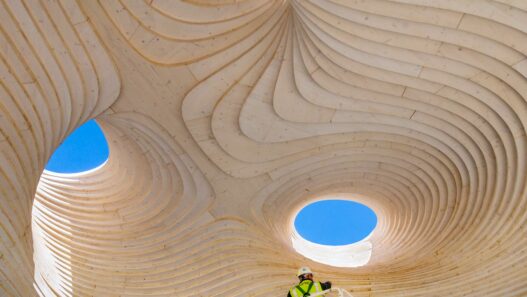

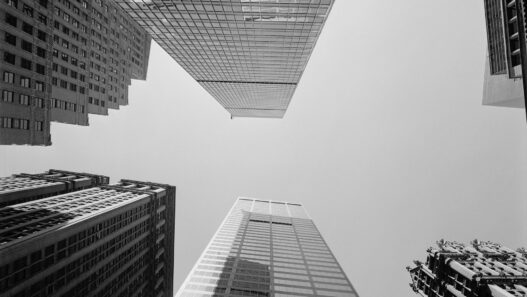

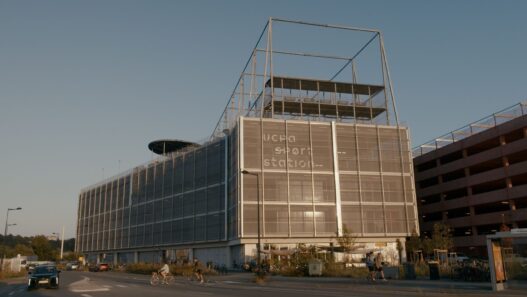
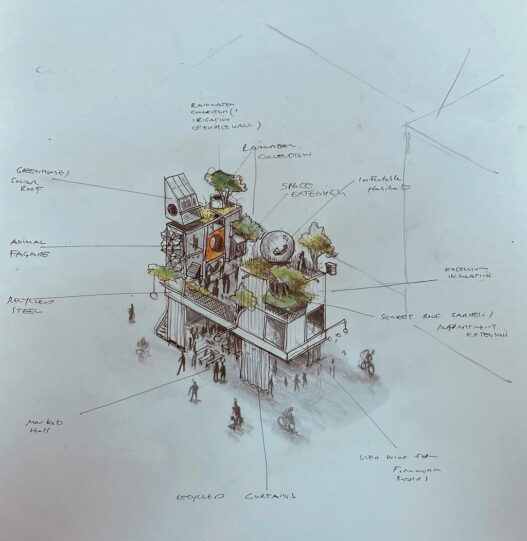
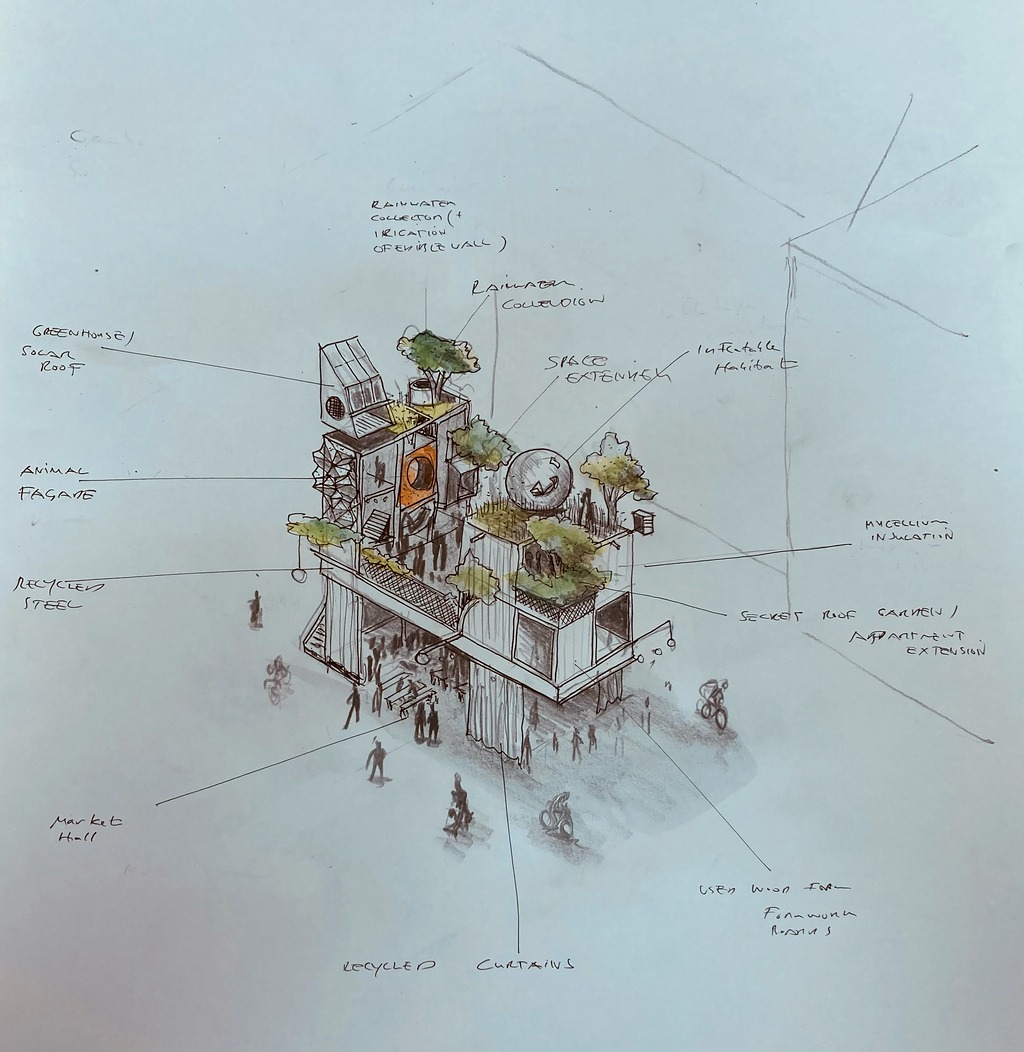


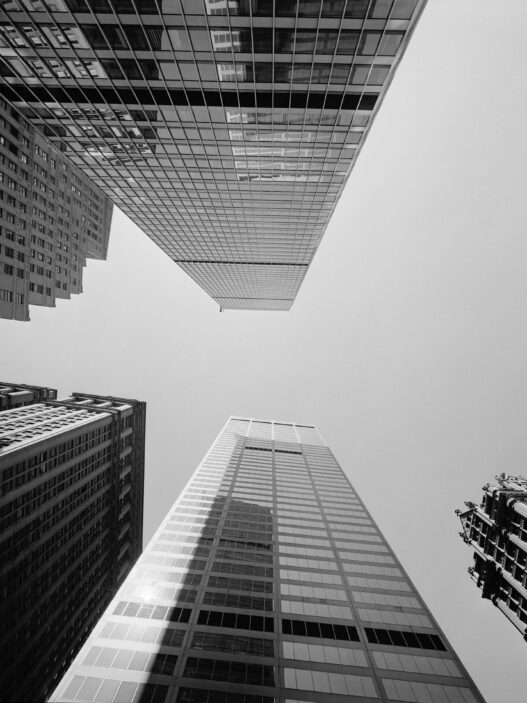
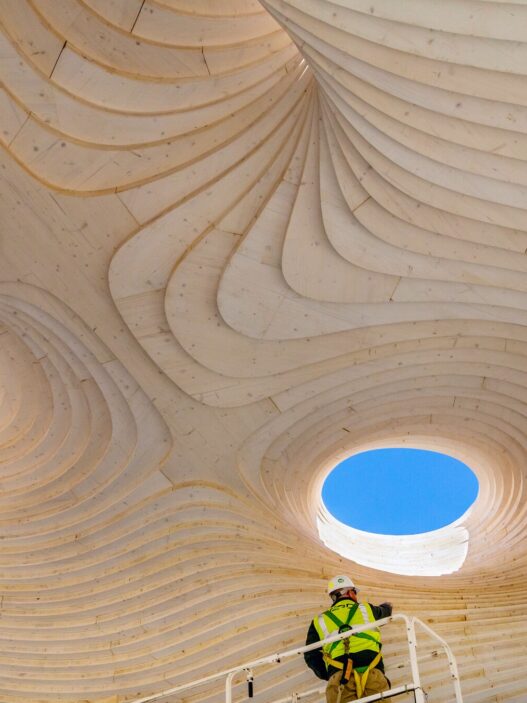
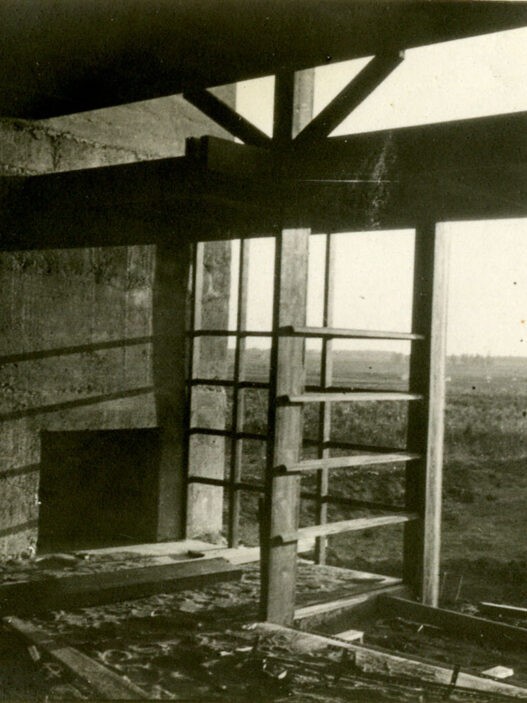
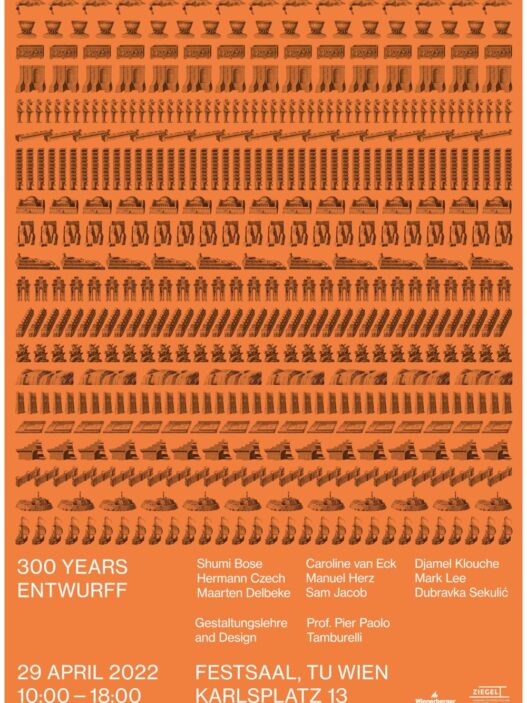

![[1] Quadros, chapéus e botas, Banga ossa, 2020. [2]: Arquitetura na Periferia. Photo: Pedro Thiago Silva. [3] Espíritos de Tudo que Vive, Uýra. Photo: Selma Maia, 2019. [4] Visual identity of the 13th International Architecture Biennale of São Paulo: Travessias.](https://dailyart.news/wp-content/uploads/2022/05/travessias-527x703.gif)